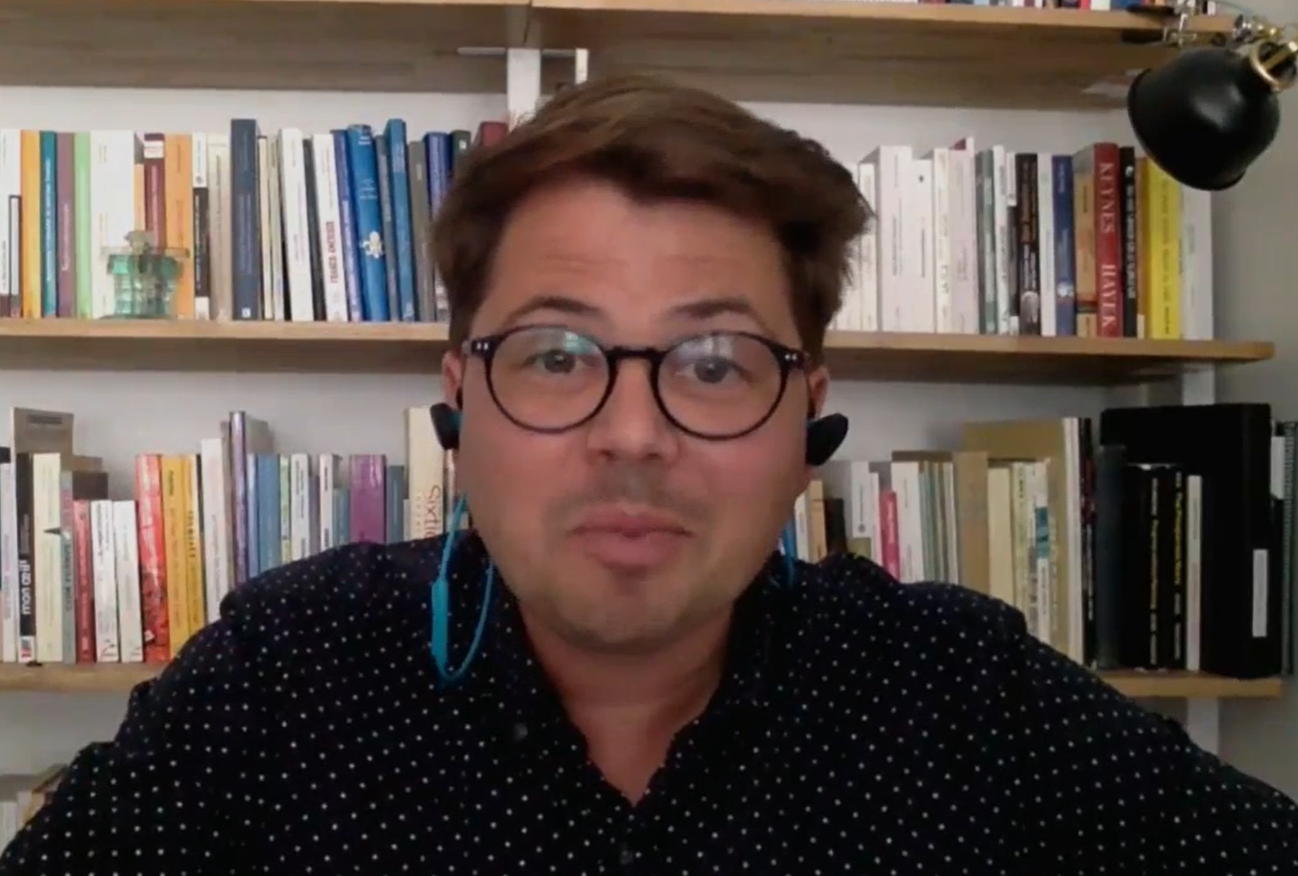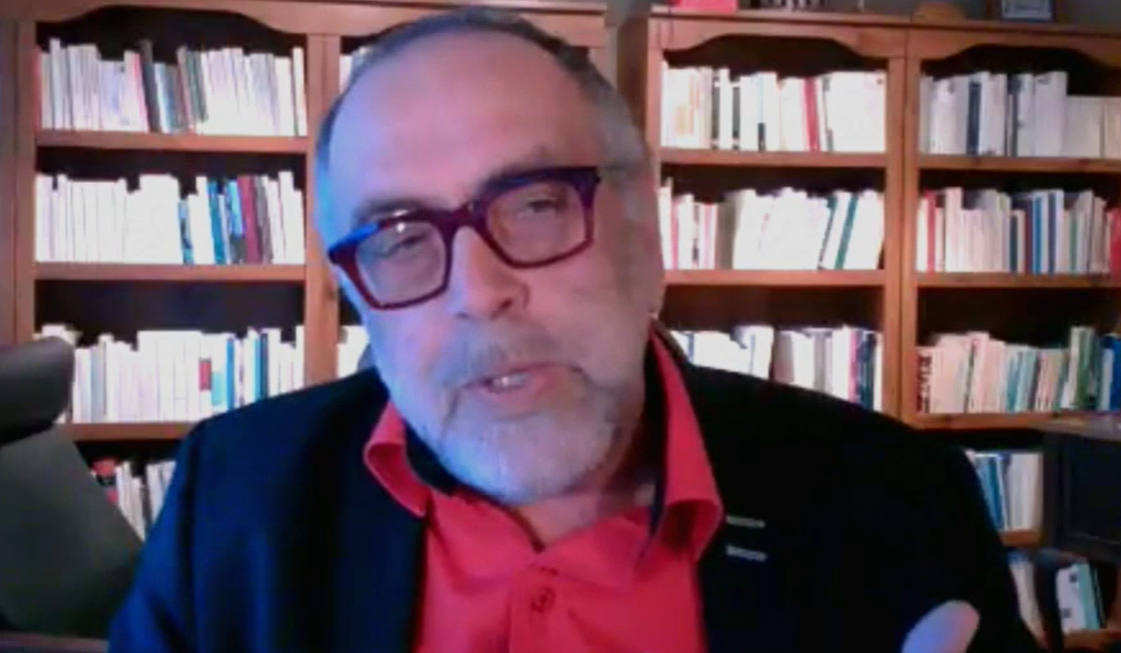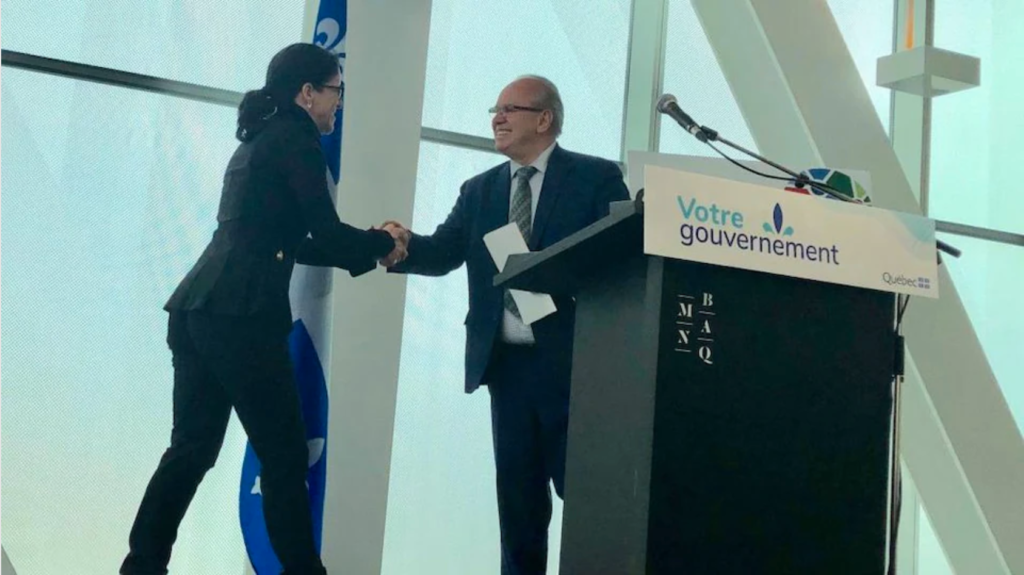The Canadian Francophonie Rapprochement Summit, on Saturday 12 June, opened with two discussions: the past and the future of relations between Quebec and other francophones in the country. Activities will end on Thursday 17th June. For the occasion, the Quebec Minister in charge of Canadian and Francophone Canadian Relations, Sonia Lebel, announced that Quebec Prime Minister François Legault will be present, in an effort to make the summit historic.
The purpose of the summit is to provide a space for discussion of relations between Quebec and the Francophone and Acadian communities. Building new bridges and promoting language across Canada.
Approximately 900 participants registered for the two discussion panels on the first day of meetings.
A very unique desire emerged over the course of the discussions: to celebrate Canadian history with this summit. No wonder this word is repeated so often, because expectations are high.
From this perspective, Jean Johnson, president of the Federation of Francophone and Acadian Communities of Canada, opened the ball: “I would like people to tell us we took this opportunity.” There was, before and after the summit, we built new partnerships in culture, education, economy and health […] If we can make the summit this time, our children and grandchildren will thank us.”
The opening message from the Minister Responsible for Canadian and Francophonie Relations, Sonia Lebel, was in the same spirit: “The Government of Quebec is fully aware of the leadership role it must play in the promotion and protection of the French language in Canada. . . We are determined to take action.” […] Thanks to this top, we will be able to determine […] A History of the Francophonie.
It also stated that “politics” would follow and that it would constitute “the first stages that will lead us towards a stronger singularity.”
Get to know each other better to get closer
This uniqueness, Gino LeBlanc, director of the Office of Francophonie and Francophonie (BAFF) at Simon Fraser University and one of the guest speakers, believes that it is above all about “getting to know each other better. We don’t know each other very well,” he said.
During the second session of the day designed to discuss new Francophone solidarity and inspiration for the future, the BAFF Director highlighted several examples of Quebec’s affection and solidarity, noting Quebec’s support following the Ford government’s 2018 Francophonie reduction in Ontario.

According to Valérie Lapointe-Gagnon, Associate Professor of History at Saint-Jean College at the University of Alberta, “What you need to remember from the elements of the past is that you always had to work to stay close due to geographical distance and regional characteristics.” — Francopresse screenshot

According to Serge Dubuis, this summit is the “fourth attempt at rapprochement since the 1960s” between Francophonie. – Francopresse screenshot

Joseph Yvonne Tyrault, Associate Professor in the Department of Sociology at the University of Quebec in Montreal, noted during the first session that the identification of regional identities caused, among other things, the public real estate of French Canada, as the rupture of French Canada was announced. – Francopresse screenshot

Gino LeBlanc, director of the Office of Francophone and Francophone Affairs at Simon Fraser University, believes that exclusivity comes first and foremost through “getting to know each other better.” – Francopresse screenshot
According to him, one of the obstacles
It sits at the level of some institution that is “doing their job poorly,” scratching the clip that Radio Canada criticizes, for being “Montreal-centric.”
Valerie Lapointe-Gagnon, Associate Professor of History at Saint-Jean College, University of Alberta, also provided better information on other francophones, during the first session of the day on the relationships experienced between Quebec and Francophone Canada.
“What should be remembered from the elements of the past is that it has always been necessary to work to stay close, given the geographical distance and regional characteristics. […]. Survival Journeys, set in the 1920s, where dignitaries and political leaders travel the Earth to learn about needs on Earth.
For example, people from Quebec traveled to Acadia, to the West, to French-speaking communities in the United States. “French Canada was very large and you had to travel to get to know better and create this network,” the historian recalls.
The professor also referred to the role of newspapers that helped maintain links between French speakers. Le Devoir actually created a travel service in 1924 to help bring communities together.
Joseph Yvonne Tyrault, associate professor in the Department of Sociology at the University of Quebec in Montreal, noted in the same panel that the delineation of regional identities, caused among other things, by the French Canadian states in 1967, represented the separation between French Canadians and French Canadians. Quebec. As the Acadian scholar referred to the 1992 Charlottetown Agreement; A failed attempt at rapprochement exhausted the estrangement between Quebec and francophone outside Quebec.
Institutionalizing Relationships
That’s why, for Marie-Christine Morin, executive director of the French Canadian Cultural Federation (FCCF), a better understanding of these elements also requires that “issues festivals”, as she calls them, stop, and take action. She herself is trying to do this in the cultural sphere through the Tables for the Future of the Arts (TADA!) in the FCCF, by building concrete and existing ‘sites’.
So that relations between Quebec and the country’s other French-speaking communities are institutionalized in politics, BAFF’s Jeanne LeBlanc suggested creating common spaces for permanent discussions.
An idea brought up by Serge Dubuis, historian and associate member of the Chair for the Advancement of Research on French-Speaking Culture in North America (CEFAN) at Université Laval, during the first session: “If Quebec ministries could open the door to having a dossier on Canadian Francophonie, there might be potential to develop Reciprocity agreements.
Déborah Cherenfant, entrepreneur and president of the Montreal Youth Chamber of Commerce, brought up this issue of relationship structure around finance.
“Whether the funding is from the government or otherwise, we [en] I noticed we’re missing out. We are not yet collectively convinced by this joint venture. This is why initiatives don’t have the funding and oversight they need.”
To reach this convergence, Gino LeBlanc insisted on one point. “French speakers outside Quebec do not seek redemption, they seek cooperation.”
The BAFF director said the summit was a “good start” because we were “culturally and politically ready”.
The Canadian Francophone Convergence Summit will resume on Monday.

“Subtly charming problem solver. Extreme tv enthusiast. Web scholar. Evil beer expert. Music nerd. Food junkie.”

